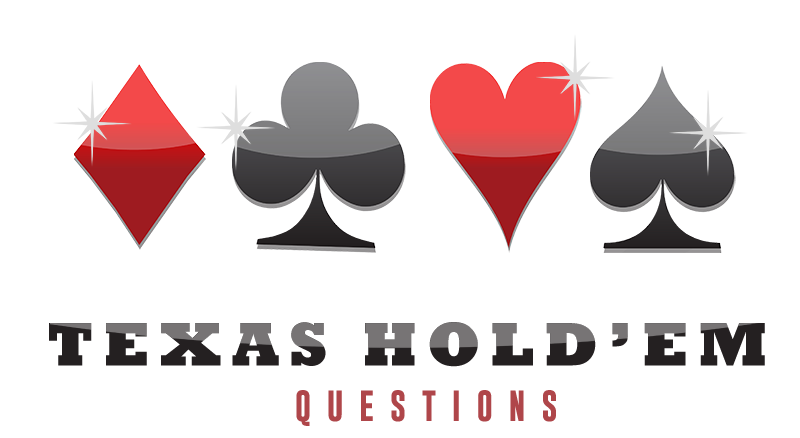Ego in Poker
Ego is something many people carry with them in all aspects of life. It can be something you have in your professional career, with a talent you have, concerning your intelligence and it’s in poker too. Having a big ego in poker is that it can manifest itself in negative ways and prove costly, harming your hourly win rate and bottom-line results.
We’ve discussed the common leaks before but underpinning many of them is “ego”. When you’ve been bluffed out of a pot, it’s often your ego that is hurt. It might make you want to go after that player and in doing so, at the expense of correct poker strategy. When decisions are driven by emotion and not calculated logic, you’re in trouble at the poker table.
Professionals Lose Their Ego
Ego, in many circles is discussed as a positive trait. But, as most successful people will attest to, it can more of a burden. Those who reach the top have a strong worth ethic combined with a humility that attests to the journey they took to reach success. The best poker players aren’t looking for validation from strangers or peers, they know their self-worth and know their results. They are perfectly happy raking in the money without drawing lots of attention to themselves.
Professional poker players who have made a living for years lose their ego after a couple of years. Riding the crest of good luck in a tournament or a heater in cash games can bolster your ego but the impact of bad variance soon puts things in perspective. Like many attributes for a professional, this comes with experience.

How to Spot Egos at the Table
In a live poker setting they a player with an ego is easy to spot. They are the ones educating the table on how to play poker correctly. They’re also the ones bragging about their latest successes and showing any bluffs with pride. These players aren’t necessarily bad players – some may even be semi-professional. But their ego will harm them in the long run, whether they know it or not. Tilt is one of the biggest challenge’s poker players face and having an ego is likely to increase the opportunities for tilt to raise its head in both cash games and tournaments.
Spotting an ego when you play texas hold’em online is trickier. Few poker players use the chat function these days so you can’t identify them through conversation. There is another way to spot someone with an ego though, particularly in tournaments and it’s through the pre-flop 3bet/4bet.
In a tournament you may have stolen from the button 100% of the time so far when it’s folded to you. The big blind may get sick of it and 3-bet, you have a hand and 4-bet or perhaps you call and take it away post-flop, much to their annoyance. The next round the same situation happens again. He 3 bets fast and you move all in to which he folds. Now, it’s not for certain he has an ego but it’s fairly predictable of those who have one to repeatedly 3bet when they’re sick of you stealing. This opens them up to getting shoved on lightly from an observant opponent.
Another way to spot them online can be through their aggression levels increasing after you’ve bluffed or won a big pot from them. Again, this isn’t a universal truth that everyone who increases their aggression after losing a pot has an ego, but it there is reasonable probability.
How to Lose Your Ego in Poker
As you can see, ego is unlikely to serve you well in the poker world. Fortunately, there are a few things you can do to stop it becoming a problem for you. The first thing you need to do is try to become humbler and realistic. This doesn’t mean remove ambition or anything like that. Most players overrate themselves and if you took a survey of players at a casino, nobody loses…
Try to give players more credit and not overrate your own ability. This will safeguard you from thinking you’re the best all the time and limit the impact ego will have in key pots.
Secondly, you must try to take a long-term view of poker at the table and away from it. Rather than fixate on specific sessions and lost hands, take the view of a decisions impact in the long run. Facing a river bet from an opponent, estimate the likelihood your hand is best over the long run. Think of it over a hundred or a thousand hands. Doing this will remove your attention on just your opponent and look at poker more logically.
Finally, discussing poker with friends, peers or a poker coach can keep your ego in check. Friends will bring you back to earth, other poker players will let you know when you’ve played bad and a poker coach will always be fair with you. If you are concerned you have an ego and want support, our poker mentor service may be perfect. We offer a poker mentor by email service for a monthly fee.

Image Source: Unsplash



